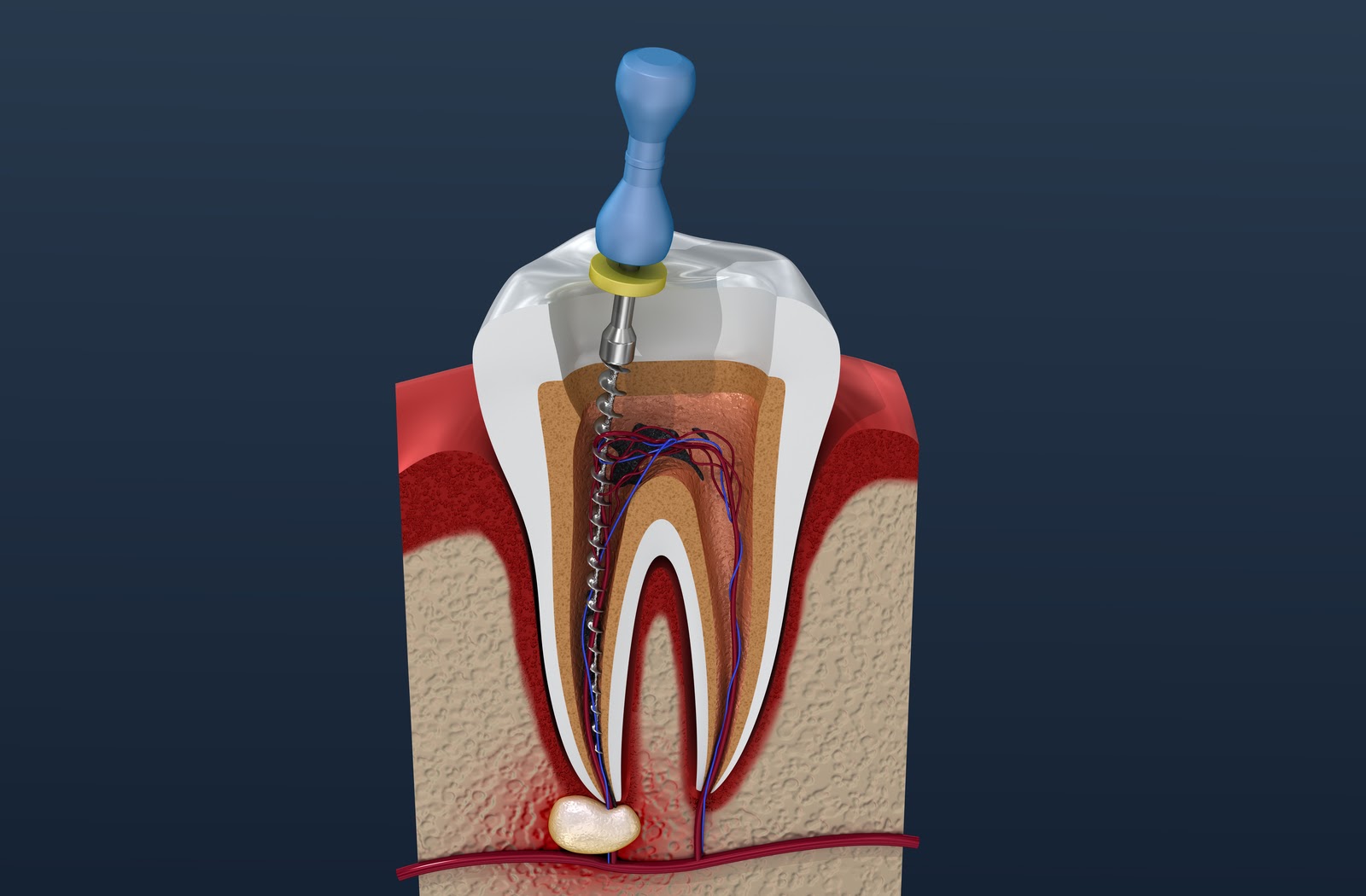Root canal treatments can be an effective solution for addressing severe tooth pain and preserving natural teeth. Knowing when to see a root canal specialist is important to prevent further damage and maintain oral health. In this article, we will discuss common signs and reasons to consider a root canal treatment, and why consulting a specialist is essential for effective care.
Understanding Root Canal Treatments
A root canal procedure is designed to save a damaged or infected tooth by removing the infected pulp inside. The pulp, located at the center of the tooth, contains nerves and blood vessels that can become infected due to deep decay, repeated dental work, or injury. Removing the infected pulp helps in eliminating pain and preventing the infection from spreading, allowing you to keep your natural tooth rather than extracting it.
Root canal doctors in Udaipur are skilled in performing these procedures, making sure the treatment is as comfortable as possible. With advancements in dental technology, these treatments are now much less painful and highly effective.
Signs You May Need a Root Canal
Knowing when you need a root canal can be challenging, as symptoms might vary from mild discomfort to intense pain. Here are some common signs that indicate a need to visit a specialist:
- Severe Tooth Pain: Intense pain, especially when eating or putting pressure on the tooth, can signal an infection. This pain often starts as mild but can increase over time.
- Sensitivity to Hot and Cold: Prolonged sensitivity to hot or cold temperatures, even after the source is removed, could be a sign that the tooth’s pulp is damaged.
- Swollen Gums or Face: Infection can cause the surrounding gums to swell, and in severe cases, the infection may spread, leading to facial swelling.
- Discoloration of the Tooth: When a tooth darkens, it can indicate nerve damage or decay, both of which may require a root canal.
- Persistent Bumps on the Gums: Small, recurring pimples or bumps on the gums may be a sign of infection in the root of the tooth.
If you are experiencing any of these symptoms, it’s advisable to consult a root canal doctor for an evaluation.
Benefits of Seeing a Specialist for a Root Canal
While a general dentist may recognize the need for a root canal, seeing a specialist is often recommended for more complex cases. A root canal doctor, also known as an endodontist, has additional training in diagnosing and treating issues within the tooth pulp and root.
Endodontists use specialized tools and techniques, ensuring greater precision and success in treatment. In Udaipur, there are experts who specialize in root canal procedures and can provide comprehensive care for patients with advanced needs. Whether it’s a first-time root canal or retreatment for an existing issue, seeing a specialist can help ensure the best results and a quicker recovery.
Preventing the Need for a Root Canal
Good oral hygiene is key to avoiding serious dental issues. Regular brushing, flossing, and dental check-ups can help catch problems early. By maintaining oral health, you can reduce the risk of decay and infection, making it less likely you’ll need a root canal in the future.
Regular visits to the best dentist in Udaipur can also play an important role in preventive care. Routine dental exams allow for early detection of potential issues, including cavities or early signs of gum disease, which can be treated before they worsen.
What to Expect During a Root Canal Procedure
If you need a root canal, understanding the procedure can help ease any anxiety you may feel. Typically, a root canal involves several steps:
- Numbing the Area: The dentist will use local anesthesia to numb the area around the affected tooth, ensuring a pain-free experience.
- Accessing the Tooth: An opening is created to reach the infected pulp inside the tooth.
- Cleaning and Removing the Infection: The infected pulp and damaged nerves are carefully removed, and the tooth’s interior is cleaned and disinfected.
- Filling and Sealing: Once the tooth is clean, it’s filled with a biocompatible material to prevent future infection, and the opening is sealed.
- Restoring the Tooth: In most cases, a crown is placed on the treated tooth to restore its strength and appearance, providing protection and functionality.
This process is generally completed in one or two visits, and the recovery is usually mild, with most patients returning to their regular activities within a day or two.
Aftercare Tips for Root Canal Recovery
After a root canal, it’s essential to take care of your teeth to avoid further complications. Here are some tips for a smooth recovery:
- Avoid chewing on the treated tooth until it is fully restored with a crown.
- Maintain good oral hygiene by brushing and flossing regularly.
- Avoid hard or sticky foods that might damage the treated tooth.
- Schedule follow-up appointments with your dentist to ensure proper healing.
Seeing a root canal doctor in Udaipur is beneficial for those experiencing severe dental pain or infection. Specialized care and proper treatment help ensure your natural tooth is preserved and that you maintain good oral health for years to come.

